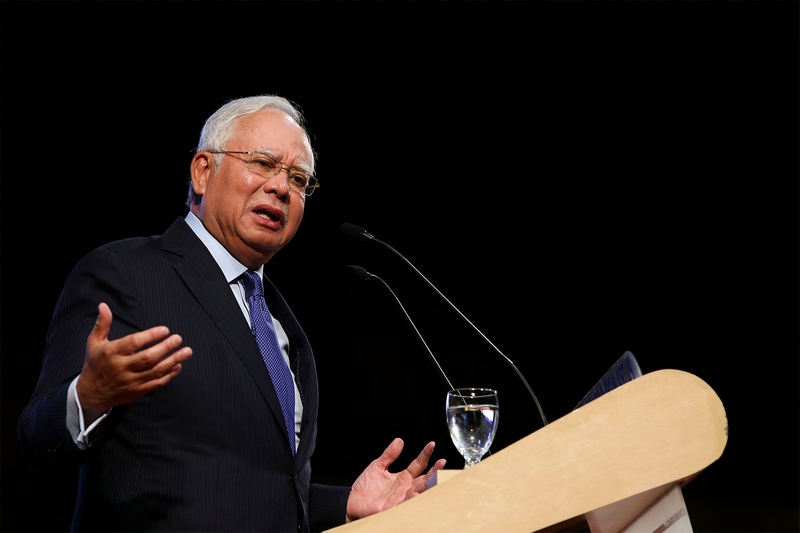KUALA LUMPUR, March 12 — The United Nations’ Universal Declaration of Human Rights (UDHR) should not be the sole benchmark for human rights, the Malaysian government said in its National Human Rights Action Plan (NHRAP).
Putrajaya said the blueprint towards guaranteeing Malaysians’ human rights was developed with four main references in mind: The Federal Constitution, the UDHR, Malaysian politics and socio-culture and the Cairo Declaration on Human Rights in Islam (CDHRI).
“In the context of Malaysia, the human rights issue especially those involving the role of religion, ethics and culture must be tackled parallel to Islamic teachings and the Federal Constitution.
“Otherwise, it would erode a life of religion and bring about moral ruin among the society,” it said in the plan, under a section detailing the framework of human rights in the country.
The plan stated that countries under the Organisation of Islamic Cooperation (OIC), of which Malaysia is a member, should instead adhere to the interpretation of human rights in accordance to the Shariah law, and instruments such as the CDHRI should be a primary reference.
It said referencing the CDHRI is important, claiming that mankind still needed religion to sustain civilisation and preserve rights, despite technological progress and advances.
Malaysia is a signatory of the CDHRI signed in 1990, alongside 44 other Muslim-majority OIC members such as Brunei, Bangladesh, Indonesia and Pakistan.
The declaration was drafted in response to the UDHR, which the OIC criticised as following the “secular understanding of Judeo-Christian traditions”.
The Declaration itself has since been criticised for declaring that all rights and freedoms must be subject to the Shariah, while failing to protect freedom of religion.
In the NHRAP, Putrajaya said OIC members may adhere to their own interpretations of human rights based on CDHRI’s Article 25 that states: “The Islamic Shariah is the only source of reference for the explanation or clarification of any of the articles of this Declaration.”
Putrajaya said the Article proved that human rights and universal freedom are considered a core part of Islam and it emphasises the importance of upholding rights protecting human beings from exploitation, persecution and to live freely and with dignity based on the teachings of Islam.
Last week, Prime Minister Datuk Seri Najib Razak launched the NHRAP, which was called a “living document” to map Malaysia’s human rights commitment.
He said under the plan, Putrajaya will develop a mobile application for public feedback and also appoint independent civil society members to gather and evaluate public feedback on the implementation of the plan.
Among the five core issues of the NHRAP is civil and political rights, which it said will tackle religious diversity and the issues involving the lesbian, gay, bisexual and transgender (LGBT) minority.



















